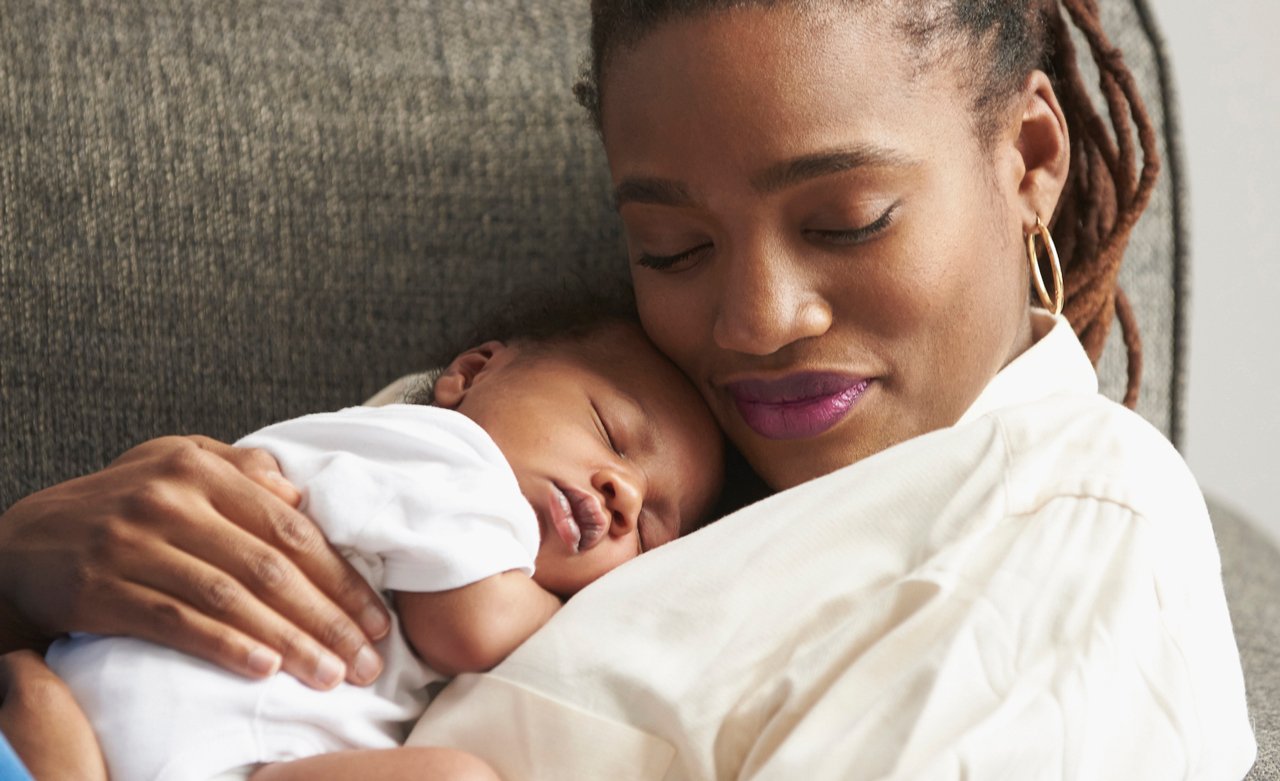Clarissa Chan, PharmD

A January 10, 2023, article in JAPhA provides counseling points for pharmacists who are trying to help their patients of reproductive age with the questions and concerns they may have related to COVID-19 and COVID-19 vaccines in this time of misinformation and disinformation.
“All health care professionals must gain the public’s trust within their communities to dispel myths,” said Veronica Vernon, PharmD, BCPS, BCACP, assistant professor of pharmacy practice at Butler University in Indianapolis, IN, who contributed to the article.
“Pharmacists are among the most well-positioned providers to build and nurture trusting relationships with patients, connecting them with health care—including sexual and reproductive—services,” said Megan N. Freeland, PharmD, director of health communications at Planned Parenthood Federation of America in Atlanta, GA.
The following are commonly asked questions to help pharmacists best guide their patients on the impact of the COVID-19 infection and vaccines on reproductive health care.
Do COVID-19 infection and/or vaccines affect menstrual cycles?
“Recent research shows that COVID-19 infection [and] vaccines may affect a person’s menstrual cycle,” said Camille Clare, MD, MPH, FACOG, professor of obstetrics and gynecology at SUNY Downstate Medical Center in Brooklyn, NY. “Some reported adverse effects are lighter, heavier, or irregular periods.” Changes are usually temporary, and most people return to their normal cycles 1 to 2 months after vaccination.
“The benefits of getting vaccinated against COVID-19 outweigh any risks of temporary changes to a person’s menstrual cycle,” said Clare.
Does getting the COVID-19 vaccine cause infertility?
Getting a COVID-19 vaccine won’t impact your fertility, but getting the virus could, according to Clare. “Becoming infected with the coronavirus may affect the quality and quantity of sperm. Getting vaccinated against COVID-19 is a safe and effective way to protect against severe illness and may protect sperm.”
The American College of Obstetricians and Gynecologists and CDC recommend COVID-19 vaccination for those planning to get pregnant. “Don’t wait to get vaccinated. The COVID-19 vaccine is safe and effective for couples planning to conceive and undergoing fertility treatments,” she said.
Can COVID-19 vaccines affect a pregnancy or pregnant people?
“COVID-19 vaccines are safe and effective for pregnant [and lactating] people. Pregnant people are more likely to get severely ill from COVID-19. Getting vaccinated can help prevent severe illness, hospitalizations, and death,” said Clare.
Breast milk provides babies with antibody protection against many illnesses, including COVID-19. The benefits of breastfeeding outweigh any potential risks, and there is no evidence that the coronavirus passes through breast milk.
Can COVID-19 infection increase blood clot risk?
Clare noted that a COVID-19 infection causes widespread inflammation affecting how well blood cells work, and may cause abnormal blood clotting. ■
APhA offers counseling points for pharmacists at apha.us/PregnancyFertility